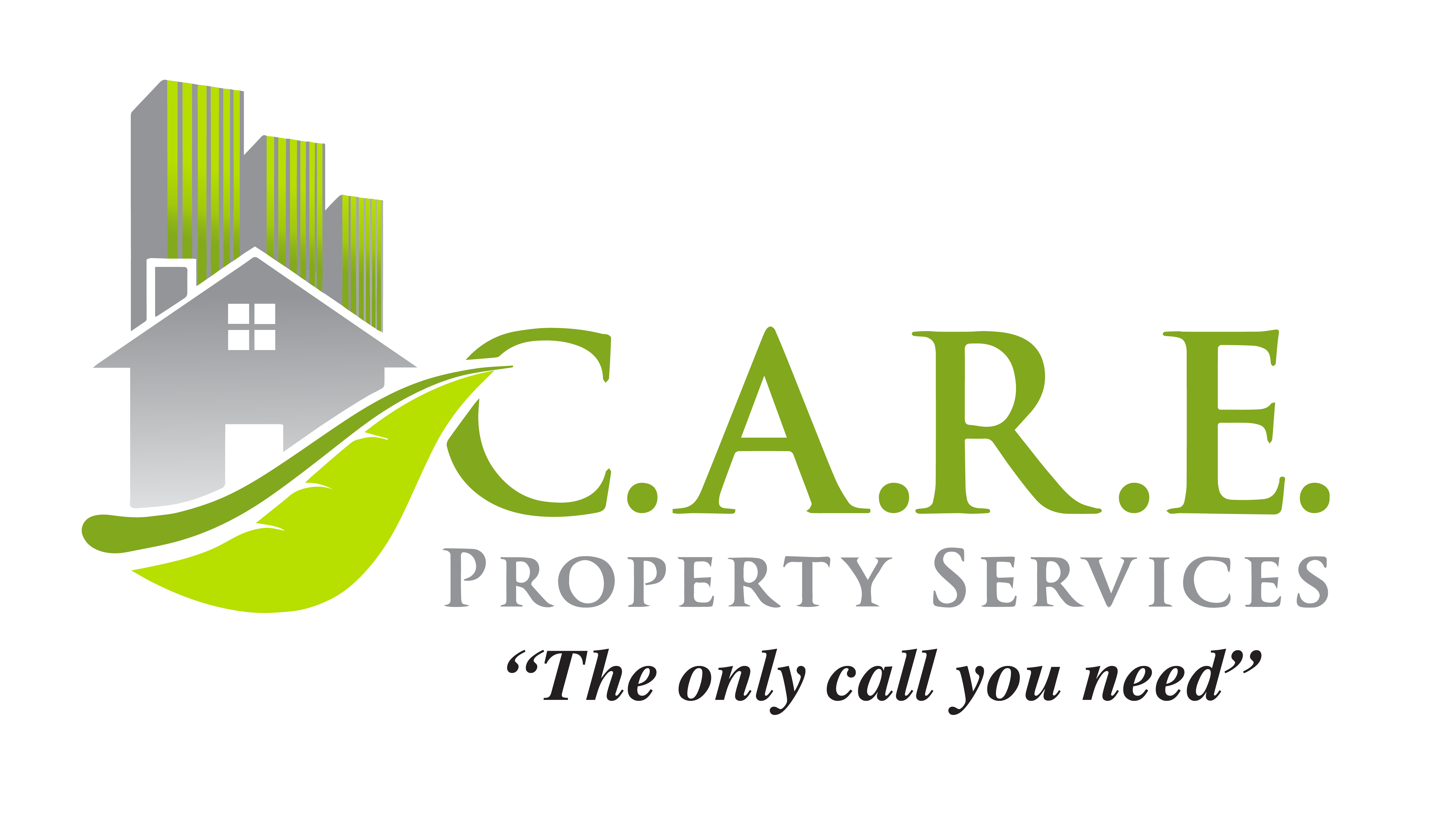1. What Disinfectant Are You Planning To Use?
There are many disinfectant options available. Be sure that the one your contractor uses is found on the EPA’s list of approved treatments for SARS-CoV-2 (the official name for the novel coronavirus that causes COVID-19 symptoms). You can find that list at the epa.gov website
Some chemicals may have different trade names, but you can match the active ingredient, and if it is applied via the recommended method, you give yourself the best chance of success. Pay attention to factors like “dwell time” (how long a product needs to sit on a surface to be effective against a virus) and the various surfaces that are being cleaned. Is one product good for all the surfaces at your business? Is it safe for my staff to use? What should personal protective equipment (PPE) be used while applying it? Will this product damage any surfaces in my workplace? Your contractor should be prepared to answer these related questions.
2. What Strategy Do You Recommend For One-time And Ongoing Cleaning/disinfecting?
During a crisis, companies that are not in the cleaning or restoration industry may attempt to make a quick buck on fogging a business as a one-time treatment. They may even go so far as to promise you a level of prevention to close the sale. Please do not fall for it. Fogging, when done correctly, is a great tool in your disinfecting arsenal, but fogging alone is not an effective strategy against this virus. Fogging is a great way to kick off your long-term cleaning strategy, but it should not be considered a preventive measure against the virus. As soon as you open your doors after a fogging, you are again at the same risk if an infected person walks through your door.
Daily cleaning for viral prevention is not like your average day-to-day workplace cleaning. Your contractor should walk you through the CDC’s decision-making tool to help identify what needs to be cleaned, how it needs to be cleaned, how often it should be cleaned, and what protective measures need to be taken to protect your team or your customers. A well-planned strategy of cleaning high touchpoints at regular intervals with an EPA-approved disinfectant while wearing the proper PPE and maintaining social distance is the best strategy until we know more about this virus as it is studied in laboratories around the globe.
3. If We Become Aware Of Exposure To The Virus At My Business, How Would Your Plan Change?
Your contractor should have a plan for how their approach would change if there is a known exposure at your business. While handling contact tracing and quarantining exposed employees, your contractor should plan to clean and disinfect every surface (not just high touchpoints) within your business. In addition, they should step up the level of personal protective equipment they wear while treating an active or “hot” location. Ask them ahead of time what that would look like and what kind of disruption it will be to your business. If they cannot answer you immediately, they may be in over their head.
If you have questions about your re-opening strategy, or if you want to work with a trusted local contractor to develop your strategy, contact us today.
